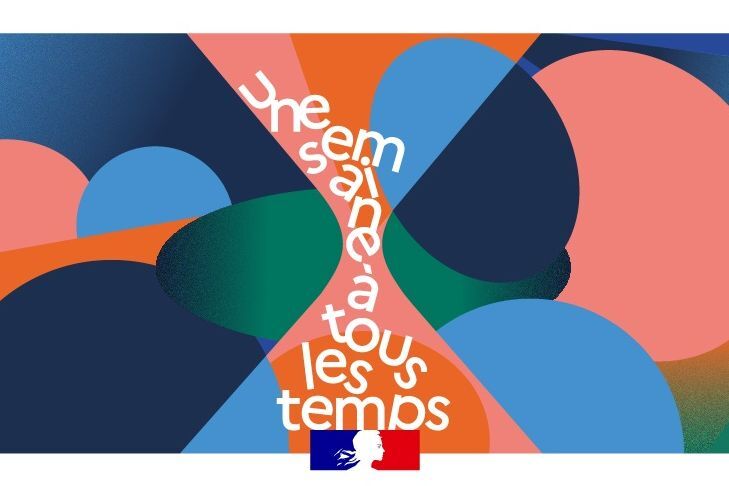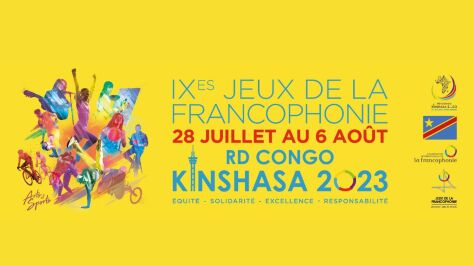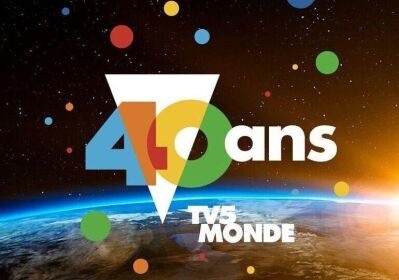 News
News 
Week of French language and Francophonie: at any time!
The “Semaine de la langue française et de la Francophonie” (Week of French language and Francophonie), the “Speak French” week, organised by the French Ministry of culture, will be held from 18 to 28 March in France and worldwide. This year’s theme, time, invites everybody to informally think about everyone’s relation to time and to speak the world that, for the event, have taken the “colour of time”.
“Semaine des amoureux des mots” (Week of Words Lovers), the Week of French language and Francophonie is an annual cultural event organised since 1988 in several countries (including France, Switzerland, Belgium and Quebec). The event will be held around 20 March, the most important date of the “Journée de la Francophonie” (Francophonie Day).
The “Semaine de la langue française et de la Francophonie” (Week of French language and Francophonie), organised in partnership with the Organisation Internationale de la Francophonie (OIF, International Organisation of La Francophonie), which includes 84 States and Governments, aims to reinforce the bridges between French-speaking people around the world, but also to “reveal to everyone the richness of their diversity”.
At all times
In all tenses and all modes: this is how the Week of French Language and Francophonie is conjugated this year. According to the organisers, this theme “invites us to think about our perception of and relationship with time, in particular by playing with the French-speaking words that express them”.
These words, which come from the five continents where French is spoken, “reveal the cultures of their speakers and express their relationship with the world”. They translate the multiple aspects of time, i.e., for example, duration (the passing of time), but also meteorology (since in French “Temps” is both “Time” and Weather”), not forgetting light years (space-time). Several genres, literary or not, can thus be explored and used as a support for cultural events: fairy tales, science fiction in particular, but also music, mathematics and physics, natural sciences, history etc.
At the time of the Francophonie
The Week will exploit all these facets so that “the French language shines more than ever on the five continents, in all its diversity of form and art”. Nearly 1,500 events are scheduled during the week and, more broadly, throughout the month of March. In total, more than 70 countries are mobilised around this event, metropolitan France and the overseas territories of course, but also all the French-speaking and Francophile countries: Belgium, Switzerland and Canada, as well as many other countries in Africa, South America, Asia and Europe. As the Ministry of Culture points out, “from Bangkok to Buenos Aires, from Munich to Ottawa, from Beirut to Glasgow, the whole world is set at the time of French language!”.
Many cultural, educational and social players have come together to offer a programme adapted to all audiences and, abroad, it is the Alliances françaises in particular that have deployed all their resources to bring the Francophonie to life. The public in all French-speaking countries will have the opportunity to take part in numerous activities based on the French language, in all artistic disciplines, with, for example, exhibitions, readings, conferences, concerts and shows.
In the colours of time
Each year, the Week of French Language and Francophonie is accompanied by the “Dis-moi dix mots” (Tell me ten words) operation. This awareness-raising initiative encourages people to play and express themselves in a literary and/or artistic form around ten words chosen by various French-speaking partners, has also been given the colours of time.
Various cultural, social and educational actors have taken up these words, which this year revolve around the notion of time, to propose events in French. These can take forms that are still fun, depending on the audience they are aimed at: calligraphy workshops, intergenerational dictations, concerts of French songs, oratory jousts, poetry competitions, literary meetings, readings aloud, competitions, etc.
Key figures Francophonie: another way of seeing the world
TV5 Monde is also involved in the Week of the French Language and Francophonie . On its website, the major French-speaking television channel provides a light analysis of “key figures of the Francophonie, to see the world from another angle”, by listing the most recent statistics on the French-speaking world:
- in 2022, in 112 countries and territories, 321 million French speakers, 255 million of whom use French on a daily basis;
- in four years, 21 million more people speak French, a 7% increase since 2018;
- French, spoken on all continents, is the 5th most used language in the world, after English, Chinese, Hindi and Spanish;
- French is spoken by more than 50% of the population in 13 countries and between 20 and 50% in 20 countries;
- 51 million people are learning French as a foreign language;
- French is the second most taught foreign language, after English.
To know more





Comments
You must be logged in to leave a comment. Log in